CIMMYT scientists warned that scarcity of fertilizers could hamper the next crop cycle.
Bram Govaerts, Director General of the International Maize and Wheat Improvement Centre (CIMMYT) and the Borlaug Institute for South Asia (BISA), warned that the conflict between Ukraine and Russia could make it hard for South Asian countries to get enough fertilizers for their next crop cycle.
Dr. Govaerts is here to speak at a two-day high-level conference of South Asian countries on ‘Agriculture Research for Development.’ He said that the biggest problem was how to feed the world, which was caused by three smaller problems: climate change, COVID-19, and the conflict between Ukraine and Russia. The meeting, which started on Thursday, is about the situation with food grains in Sri Lanka and how the recent floods have affected Pakistan’s food security.
Also Read | Worst global food security crisis in 50 years may already be here: CIMMYT.
Dr. Govaerts told a small group of journalists that the world’s food systems were becoming more fragile. He said that the world needed to figure out how the conflict between Russia and Ukraine affected the world. ‘The first effect was that 25% of the world’s grains got stuck and didn’t get to where they should have gone. Fertilizers are the second thing that will change. From this area also come a lot of fertilizers. But the lack of fertilizer will only have an effect on the next growing season. This will affect the whole world, not just the places that buy wheat from conflict-torn areas,’ he said.
Plan for the next 5 years
He said that India could be a solution to the problem of not having enough food grains because India made a lot of wheat. ‘But fertilizers will cause problems all over the world. If the crisis gets worse, it will be hard to buy some foods. Even if the conflict ends tomorrow, it has shown a problem with the way the world’s food system works. There’s no backup for the system. We need to switch to being strong.’
‘We need to make our food more varied by adding millets. We need to figure out what we can do in the next few years to make better use of fertilizer. We also need to think about the long-term effects and figure out how to make our food system stronger and more efficient. If we don’t do these things right away, we will be shocked over and over again. Dr. Govaerts said, ‘The problems will come faster and faster.’
He said that there were a number of policy changes that could be made to deal with these problems, but that the most important thing was to encourage investment in research and new ideas. ‘This is the first time in human history that we have so much data and information, but we don’t use it to give policymakers, farmers, and consumers the right information. Dr. Govaerts added We need to set up ways to deal with these problems.’
Problem may prolong
He said that this problem would last for a long time. ‘It will take at least three years to find even a short-term solution. We need to be fairer in how we react. There are some places where we have too much wheat, so we need to find the best way to use it. We don’t use enough fertilizer in some places, and we need to be more efficient here. We need to use fertilizer in the best way possible. We need to do exactly what needs to be done. More of a country’s crops should be grown in the country,’ he said.
Also Read | India eliminates stubble burning issue; bio-enzyme breaks straw, converts into fertilizer.
On the news that the wheat export ban helped a certain company, he said we had to decide what kind of society we wanted. ‘The year 2100 isn’t that far away. We need to set up a food system that works. The system is not strong. We need to put money into local trade and production,’ he said.
‘The challenge is how to make sure that everyone has food and nutrition security when food systems are challenged by climate change, COVID, and conflict,’ Dr. Govaerts said, adding that new innovations and new knowledge from research and development in agriculture were key to solving these problems.





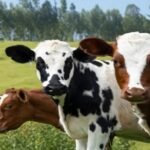
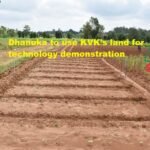

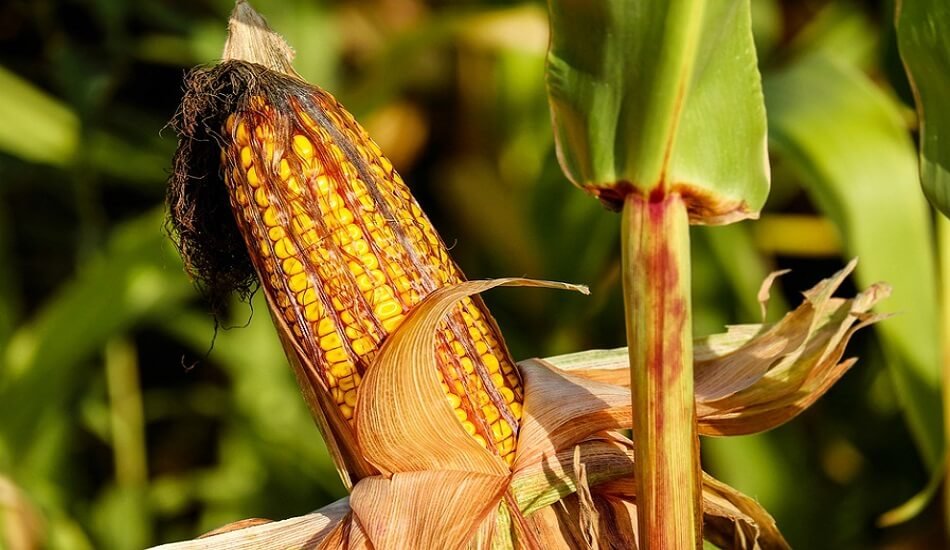



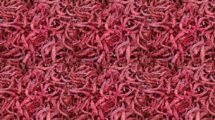
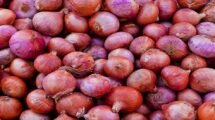

Add Comment